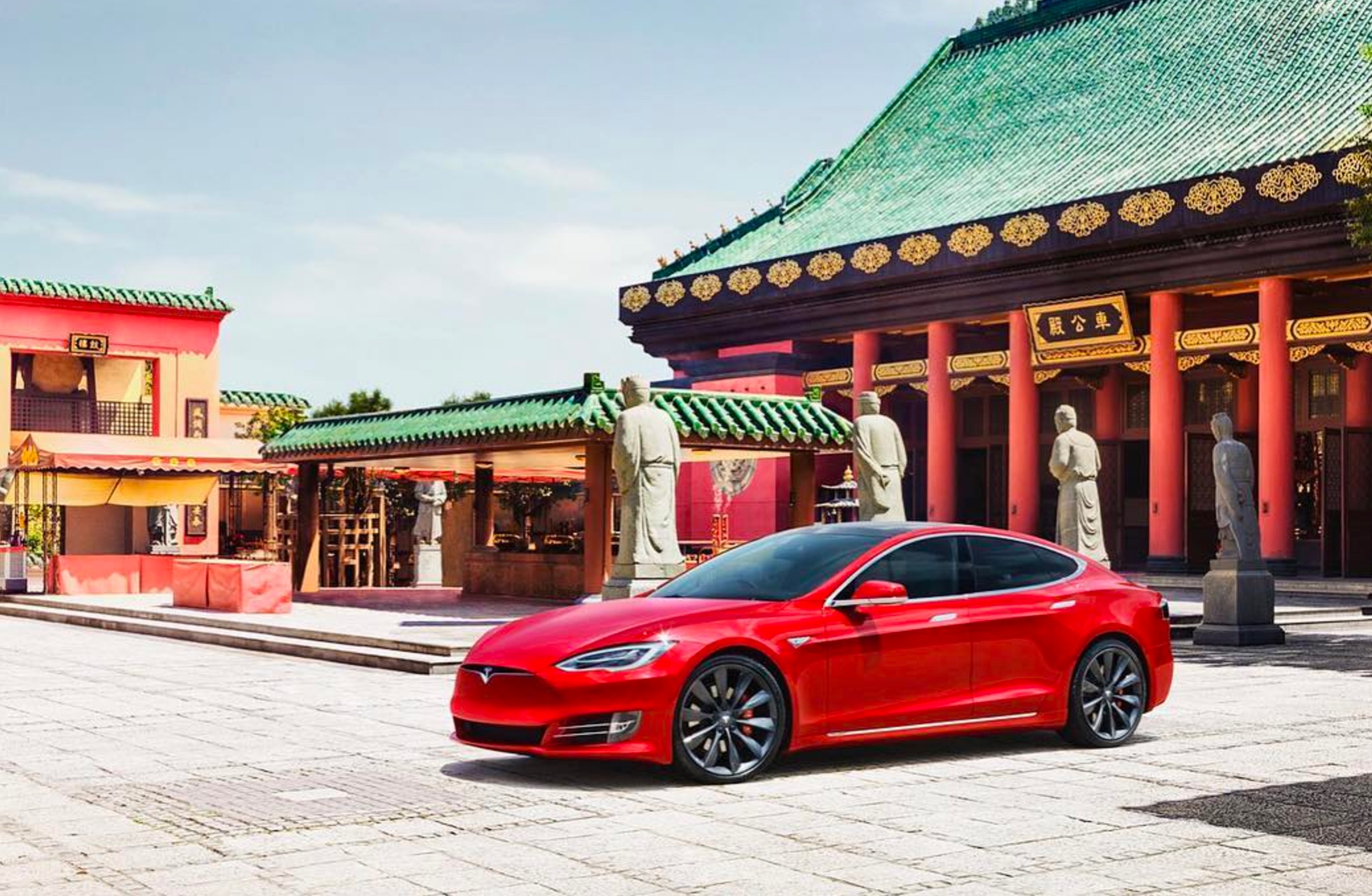

Energy
Tesla reportedly closing in on China deal to produce cars from local factory
Tesla is close to securing a deal with the city of Shanghai that would allow the Silicon Valley-based electric carmaker to produce vehicles in China, according to a newly published report by Bloomberg.
Chinese regulations require Tesla to enter into a joint venture with a local company to manufacture vehicles in the country. Having a presence in the world’s largest electric vehicle market is a critical next step for Tesla as it seeks to scale production globally. Tesla has previously shared that it is looking to build vehicles and batteries in China which would allow the company to avoid a 25% tariff on vehicles it sold in the country. Last year, Tesla’s sales in China tripled to over $1 billion, or roughly 1/7th of its total sales.
With China serving as a hotbed for plug-in vehicles and manufacturing, it would be an ideal location for Tesla to lay down the framework for its customers in Asia. China is also home to 1/6th of the world population, and with its ever growing middle class represents a large market for its upcoming affordable Model 3 sedan.
The Chinese plug-in vehicle market is on the rise, as the country seeks to pivot away from smog producing internal combustion vehicles in favor of clean energy vehicles like Tesla’s Model S and Model X. To support these clean energy vehicles, China has exempted buyers from paying sales tax which can reach upwards of 115% of the purchase price of the vehicle.
The report by Bloomberg comes on the heels of the announcement that more than 6% of Tesla’s global sales were in Hong Kong, of which 7% of all vehicles sold were Teslas. That will likely change if proposed changes to the EV incentives are put into effect which would nearly double the price of a new Tesla.
~7% of cars sold in Hong Kong in 2016 were Tesla – Bloomberg https://t.co/TX6W2RoKqo pic.twitter.com/VSoHaomeTl
— Evans Electric (@tsport100) June 20, 2017
Tesla currently builds all of its vehicles in its Fremont factory in northern California and ships them to customers across the globe, though the other half of its supply chain is firmly rooted in batteries. Production of its newest 2170 lithium ion battery cells – the same cells being used in Tesla’s Model 3 – is taking place exclusively at Gigafactory 1 in Sparks, Nevada. Contrary to early beliefs that Tesla would migrate the 2170 cell to its flagship vehicles, Tesla CEO Elon Musk confirmed that Model S and Model X battery packs would not be updated from the existing 18650 battery cell form factor.
Building a Gigafactory in close proximity to Panasonic’s existing Chinese factories like its recently opened factory in Dalian, China would drastically cut the length of the supply chain and minimize potential disruptions.
We have reached out to Tesla for comment and will update this story accordingly as we learn more.

Elon Musk
Tesla Energy shines with substantial YoY growth in deployments
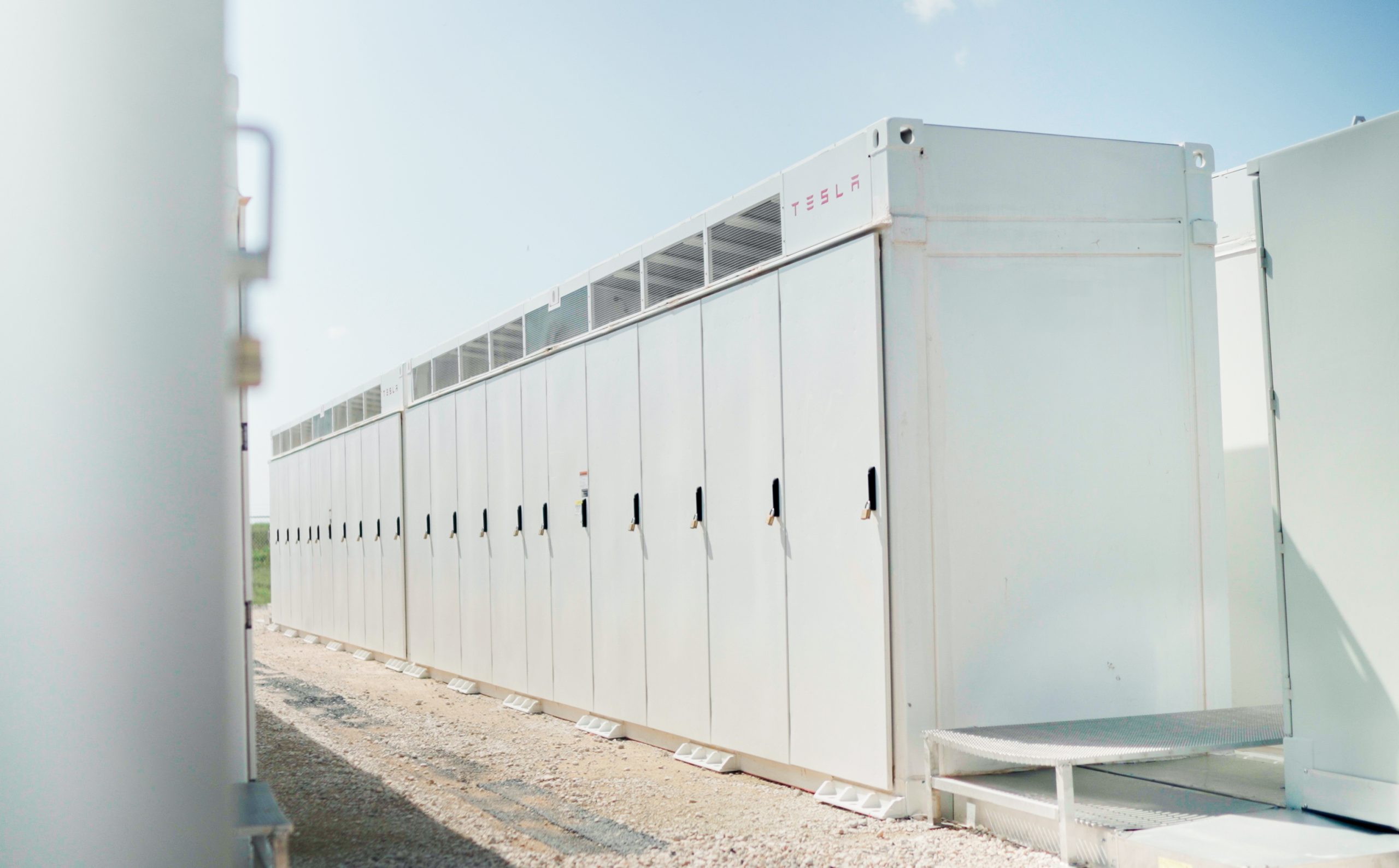
Tesla Energy shined in what was a weak delivery report for the first quarter, as the company’s frequently-forgotten battery storage products performed extraordinarily well.
Tesla reported its Q1 production, delivery, and deployment figures for the first quarter of the year, and while many were less-than-excited about the automotive side, the Energy division performed well with 10.4 GWh of energy storage products deployed during the first quarter.
This was a 156 percent increase year-over-year and the company’s second-best quarter in terms of energy deployments to date. Only Q4 2024 was better, as 11 GWh was recorded.
Tesla Energy is frequently forgotten and not talked about enough. The company has continued to deploy massive energy storage projects across the globe, and as it recorded 31.5 GWh of deployments last year, 2025 is already looking as if it will be a record-setting year if it continues at this pace.
Tesla Megapacks to back one of Europe’s largest energy storage sites
Although Energy performed well, many investors are privy to that of the automotive division’s performance, which is where some concern lies. Tesla had a weak quarter for deliveries, missing Wall Street estimates by a considerable margin.
There are two very likely reasons as to why this happened: the first is Tesla’s switchover to the new Model Y at its production facilities across the globe. Tesla said it lost “several weeks” of production due to the updating of manufacturing lines as it rolled out a new version of its all-electric crossover.
Secondly, Tesla could be facing some pressure from pushback against the brand, which is what many analysts will say. Despite the publicity of attacks on Tesla drivers and their vehicles, as well as the company’s showrooms, it would be safe to assume that we will have a better picture painted of what the issue is in Q2 after the company reports numbers in July.
If Tesla is still struggling with lackluster delivery figures in Q2 after the Model Y is ramped and deliveries are more predictable and consistent, we could see where the argument for brand damage is legitimate. However, we are more prone to believe the Model Y, which accounts for most of Tesla’s sales, and its production ramp is likely the cause for what happened in Q1.
In what was a relatively bleak quarter, Tesla Energy still shines as the bright spot for the quarter.
Energy
Tesla lands in Texas for latest Megapack production facility
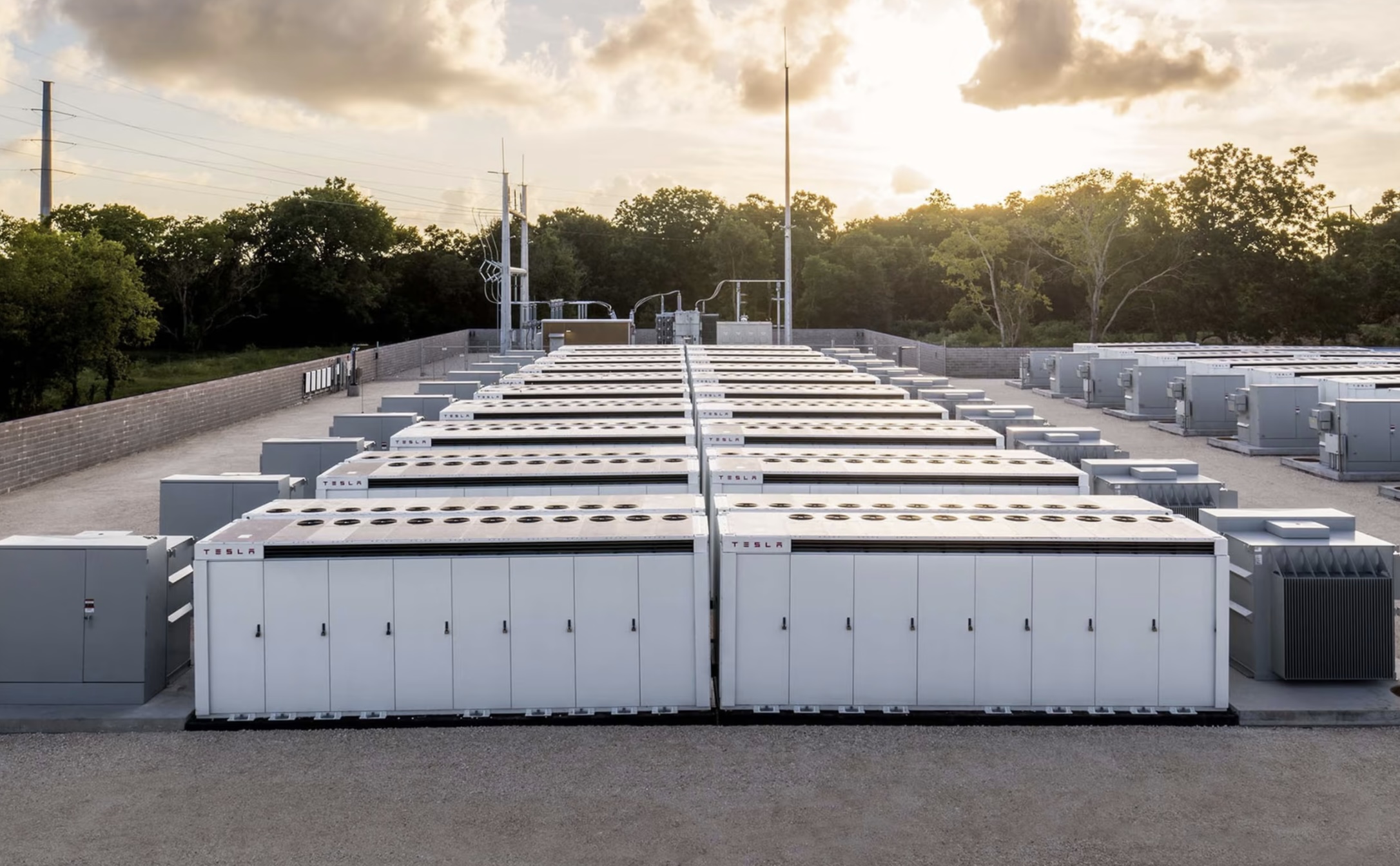
Tesla has chosen the location of its latest manufacturing project, a facility that will churn out the Megapack, a large-scale energy storage system for solar energy projects. It has chosen Waller County, Texas, as the location of the new plant, according to a Commissioners Court meeting that occurred on Wednesday, March 5.
Around midday, members of the Waller County Commissioners Court approved a tax abatement agreement that will bring Tesla to its area, along with an estimated 1,500 jobs. The plant will be located at the Empire West Industrial Park in the Brookshire part of town.
Brookshire also plans to consider a tax abatement for Tesla at its meeting next Thursday.
The project will see a one million square-foot building make way for Tesla to build Megapack battery storage units, according to Covering Katy News, which first reported on the company’s intention to build a plant for its energy product.
CEO Elon Musk confirmed on the company’s Q4 2024 Earnings Call in late January that it had officially started building its third Megapack plant, but did not disclose any location:
“So, we have our second factory, which is in Shanghai, that’s starting operation, and we’re building a third factory. So, we’re trying to ramp output of the stationary battery storage as quickly as possible.”
Tesla plans third Megafactory after breaking energy records in 2024
The Megapack has been a high-demand item as more energy storage projects have started developing. Across the globe, regions are looking for ways to avert the loss of power in the event of a natural disaster or simple power outage.
This is where Megapack comes in, as it stores energy and keeps the lights on when the main grid is unable to provide electricity.
Vince Yokom of the Waller County Economic Development Partnership, commented on Tesla’s planned Megapack facility:
“I want to thank Tesla for investing in Waller County and Brookshire. This will be a state-of-the-art manufacturing facility for their Megapack product. It is a powerful battery unit that provides energy storage and support to help stabilize the grid and prevent outages.”
Tesla has had a lease on the building where it will manufacture the Megapacks since October 2021. However, it was occupied by a third-party logistics company that handled the company’s car parts.
Energy
Tesla Energy had a blockbuster 2024
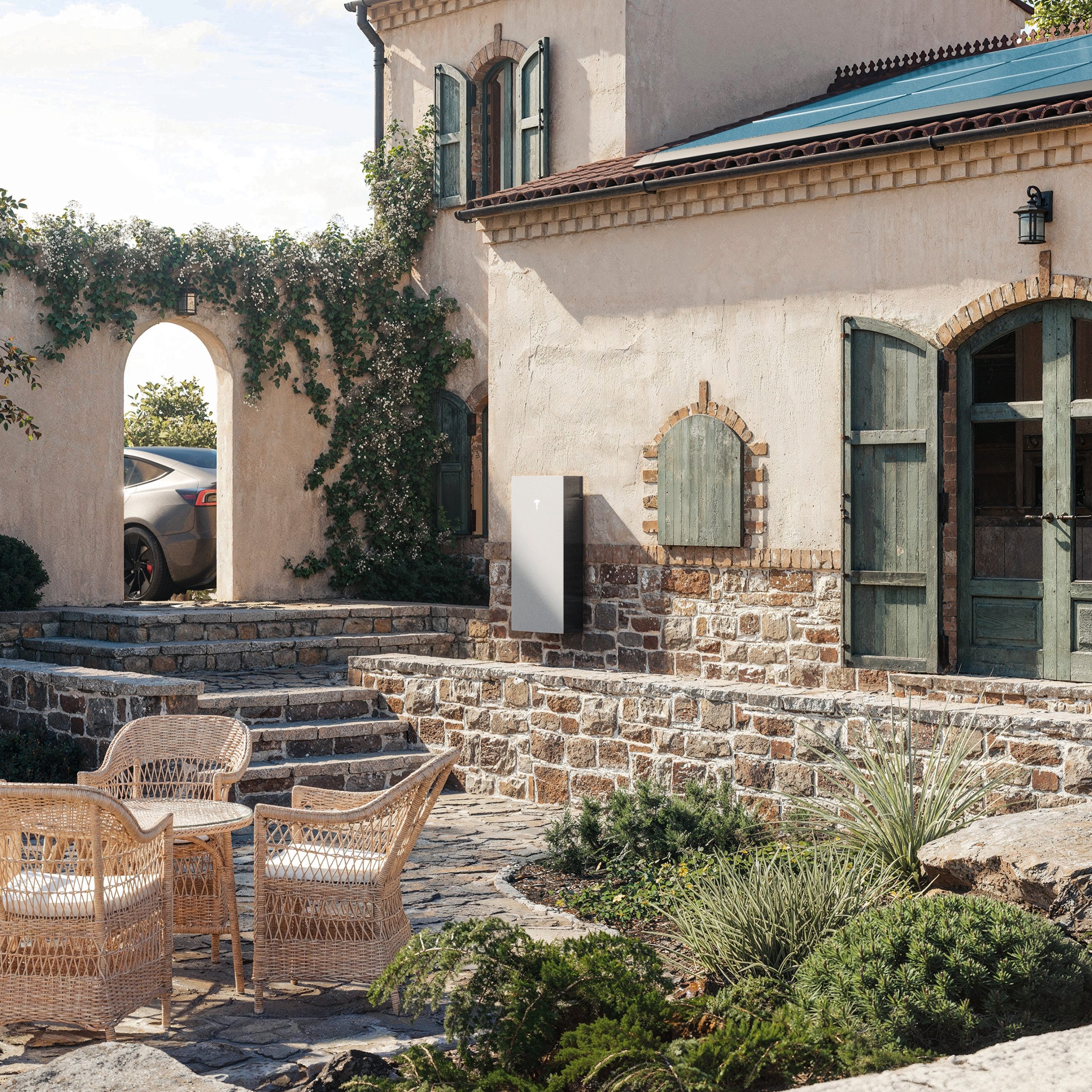
Tesla Energy has become the undisputed dark horse of the electric vehicle maker. This was highlighted by Tesla Energy’s growing role in the company’s overall operations in the past quarters.
And as per Tesla’s year-end milestone posts on X, Tesla Energy had a blockbuster 2024.
Tesla Energy’s 2024 milestones:
- As per Tesla on its official social media account on X, the company has hit over 800,000 Powerwalls installed worldwide.
- From this number, over 100,000 Powerwall batteries have been enrolled in virtual power plant (VPP) programs.
- The Powerwall 3 has officially been launched in the United States, Canada, Puerto Rico, the U.K., Germany, Italy, Australia, and New Zealand.
- The Tesla Megapack hit over 22 GWh in operation across more than 60 countries across the globe.
- The Lathrop Megafactory, which produces the Megapack, has been ramped to 40 GWh per year.
- The Lathrop Megafactory has also produced its 10,000th Megapack battery.
- The Shanghai Megafactory was completed in just seven months, and it is ready to start Megapack production in Q1 2025.
Hit 800k Powerwalls installed worldwide
— Tesla (@Tesla) December 31, 2024
Also:
– Over 100k Powerwalls are now enrolled in VPP programs
– Launched Powerwall 3 in the US, Canada, Puerto Rico, UK, Germany, Italy, Australia & New Zealand
– Megapack hit 22+ GWh in operation across 60+ countries
– Ramped… pic.twitter.com/bE88DpeyTg
Powerwall owners’ 2024 impact:
- As per Tesla Energy, Powerwall owners generated a total of 4.5 TWh of solar energy globally in 2024. This was equivalent to powering a Model 3 for more than 17 billion miles.
- A total of 1.1 TWh of energy was stored in Powerwalls in 2024. This protected homes from over 5.8 million outages during the year.
- Tesla’s Storm Watch feature for Powerwall batteries covered 2.8 million severe weather events over the year.
- Powerwall owners saw collective savings of over $800 million on utility bills.
- Virtual Power Plants contributed over 2.2 GWh of power to the grid. This reduced the need for 2,200 metric tons of fossil fuel peaker plant emissions.
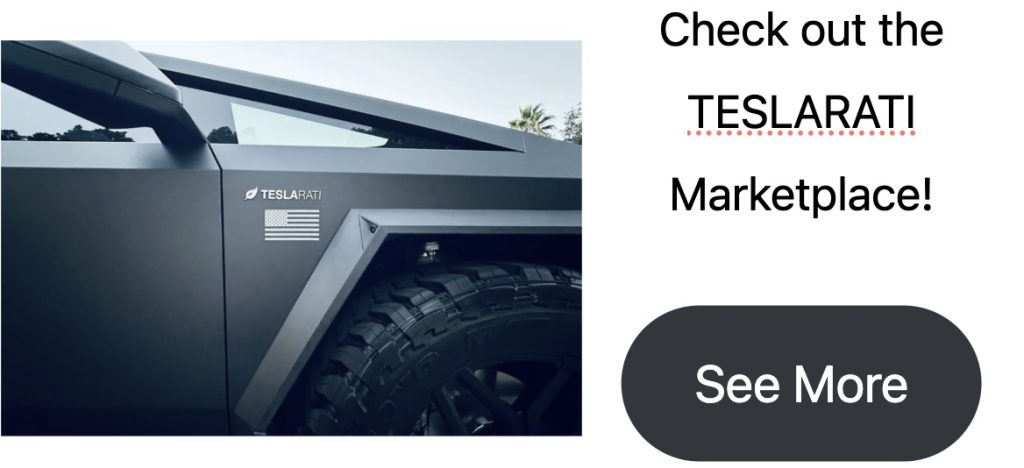
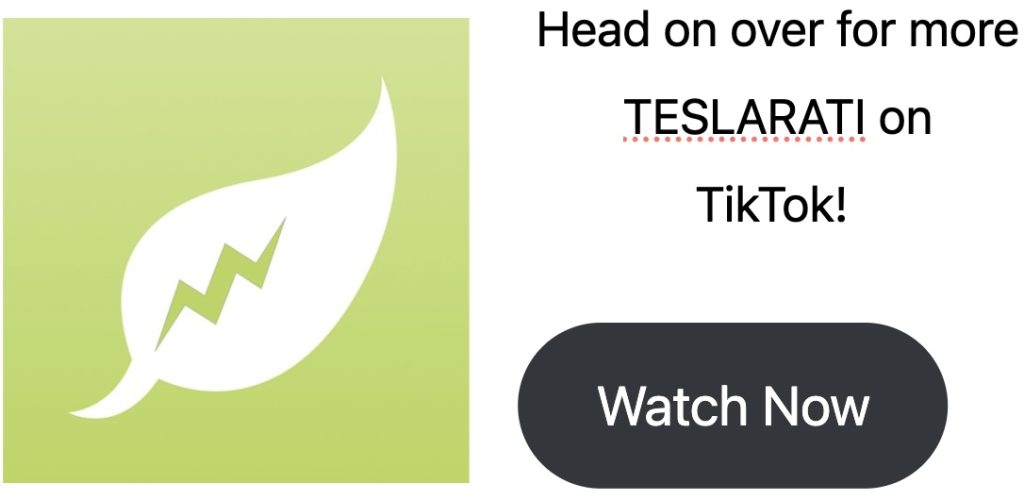
Don’t hesitate to contact us with news tips. Just send a message to simon@teslarati.com to give us a heads up.
-
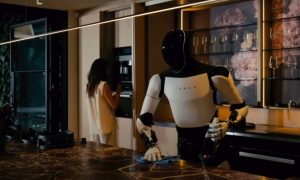
 News2 weeks ago
News2 weeks agoTesla aiming to produce first “legion” of Optimus robots this 2025
-
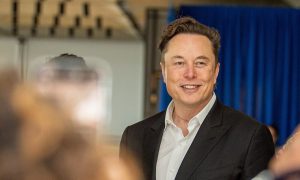
 Elon Musk1 week ago
Elon Musk1 week agoTesla CEO Elon Musk’s simple message to vandals
-
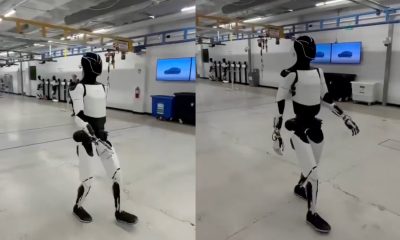
 News2 days ago
News2 days agoTesla shares Optimus’ improved walk in new update video
-
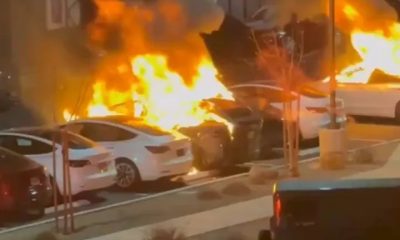
 Elon Musk1 week ago
Elon Musk1 week agoTesla vandal who lit Las Vegas repair center on fire arrested
-
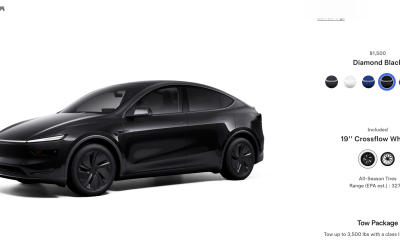
 News9 hours ago
News9 hours agoTesla rolls out new, more affordable trim of the Model Y Juniper in U.S.
-
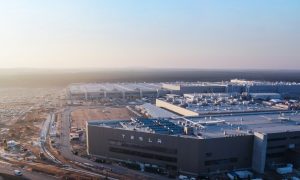
 News2 weeks ago
News2 weeks agoTesla’s Giga Berlin director responds to anti-Musk criticism
-

 Elon Musk1 week ago
Elon Musk1 week agoElon Musk clarifies Trump tariff effect on Tesla: “The cost impact is not trivial”
-
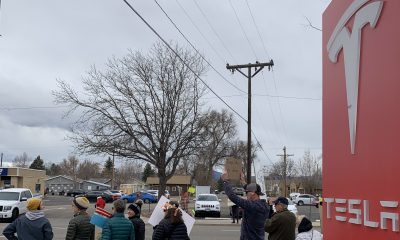
 Elon Musk1 week ago
Elon Musk1 week agoTesla vehicles hit by ATV, suspect caught by Sentry Mode







